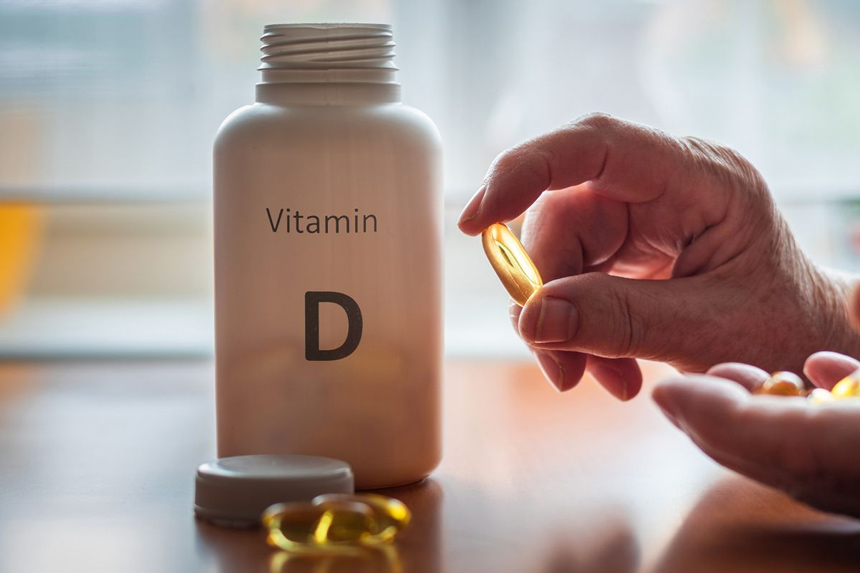Alcohol Moderation

The impact of alcohol on triglyceride levels is significant, with studies showing that even moderate alcohol consumption can increase these levels by up to 53%. Alcoholic beverages, often high in sugar and calories, can lead to the storage of unused calories such as triglycerides. While light to moderate drinking may have some protective effects against heart disease, it’s essential to balance these benefits with the potential risks, including increased triglycerides.
Limiting alcohol intake is a practical step towards managing triglyceride levels and promoting a healthier lifestyle. [5]
Vitamin D Supplementation

Vitamin D plays a pivotal role in numerous bodily functions, including the regulation of triglyceride levels. Supplementation with vitamin D has been shown to reduce overall triglyceride concentrations, making it an area of interest for those looking to manage their levels. Consulting with a healthcare provider is crucial before starting any supplement to ensure its safety and efficacy.
The potential benefits of vitamin D supplementation extend beyond bone health, highlighting its importance in cardiovascular well-being and triglyceride management. [6]





